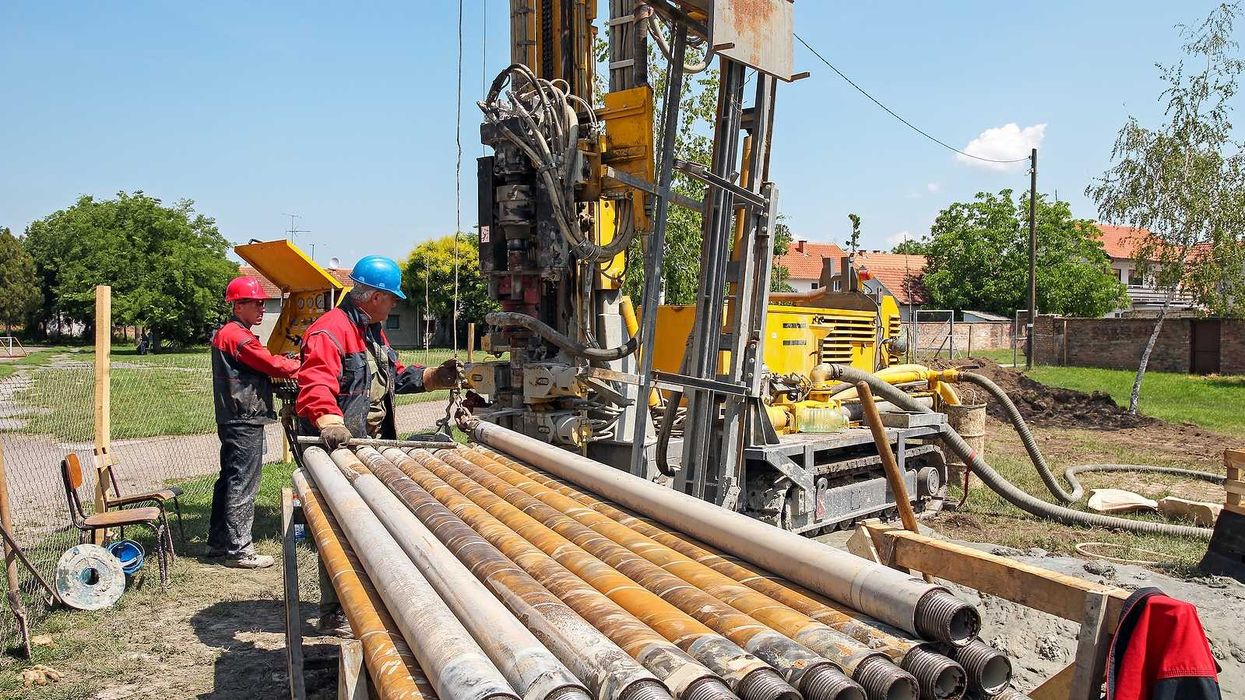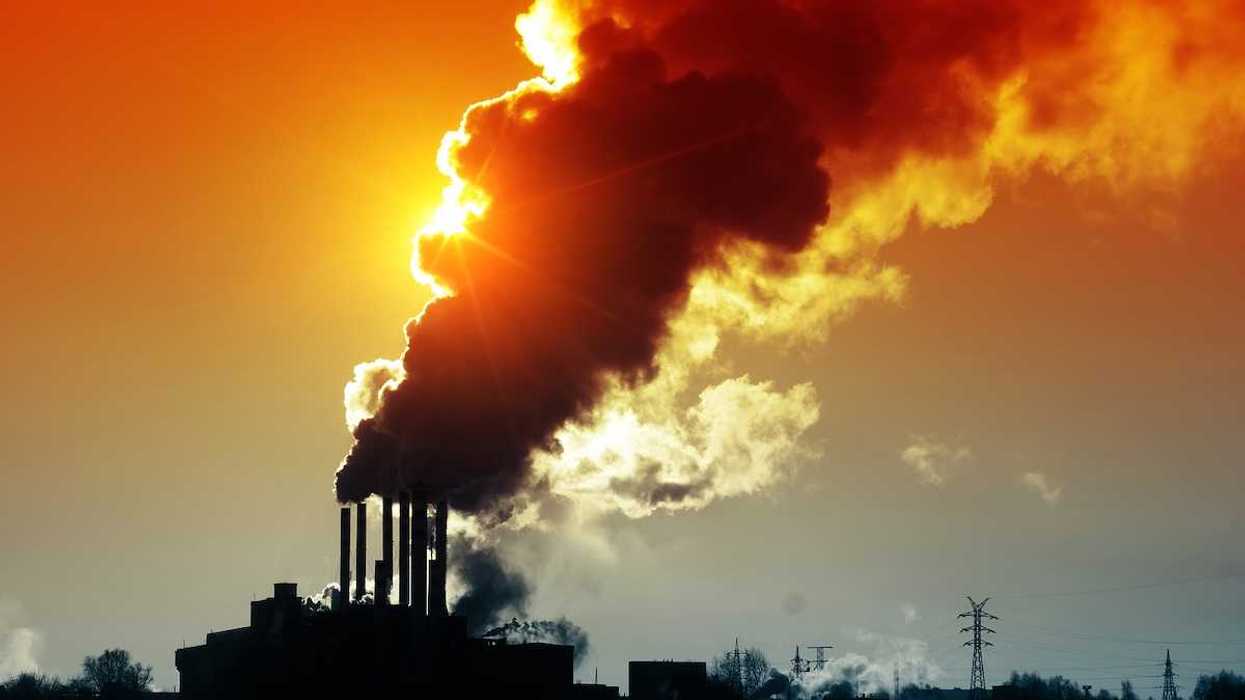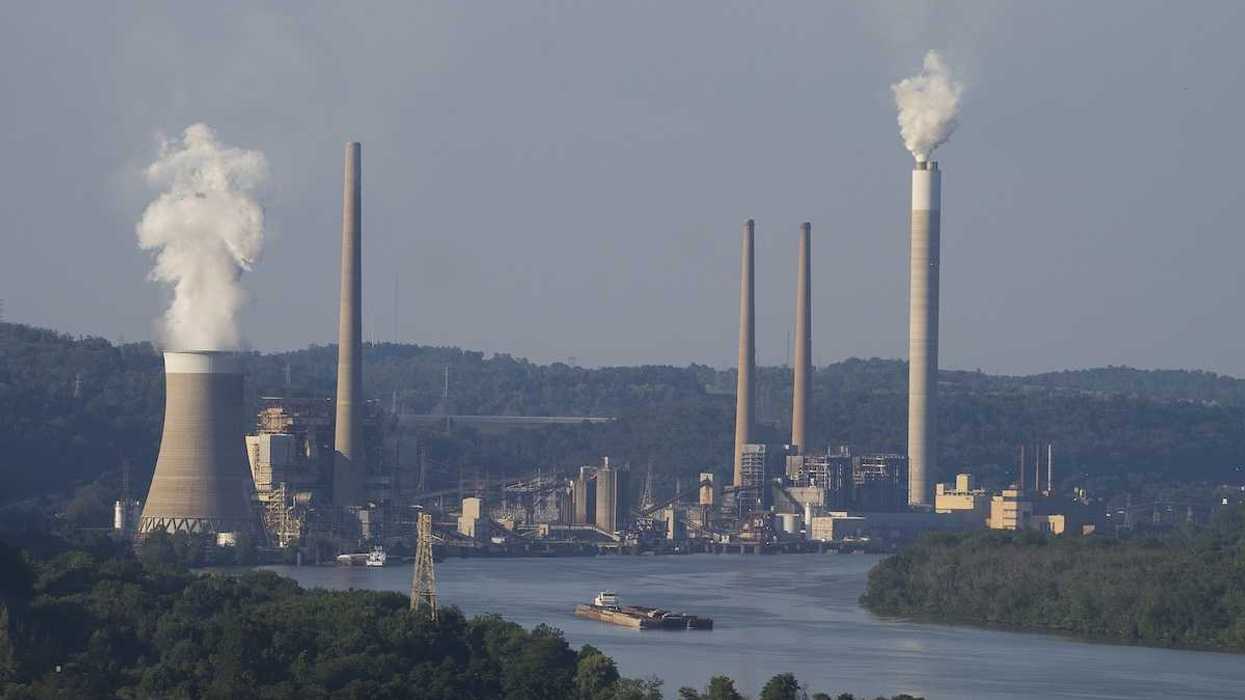A new $1.7 billion pipeline will transport an additional 1.5 billion cubic feet of natural gas daily from the Permian Basin to Texas’ Port Arthur industrial corridor, fueling rising power demand and increasing carbon emissions.
Dylan Baddour reports for Inside Climate News.
In short:
- Entergy Texas, Kinder Morgan and Golden Pass LNG are building the 216-mile Trident Intrastate Pipeline to support growing industrial and energy needs in Southeast Texas.
- The project will boost Permian Basin gas production, which is already at a record high but constrained by pipeline capacity, and support Port Arthur’s expanding refinery and chemical sector.
- Natural gas emits carbon dioxide when burned and releases methane, a potent greenhouse gas, through leaks in production and transport infrastructure.
Key quote:
“We believe our Trident Intrastate Pipeline project is critical to meeting rising power, industrial and LNG demand in Texas.”
— Sital Mody, president of gas pipelines at Kinder Morgan
Why this matters:
The rapid expansion of natural gas infrastructure locks in long-term fossil fuel dependence at a time when climate experts warn of the need to reduce emissions. Methane, a key component of natural gas, is far a more potent greenhouse than carbon dioxide over short periods. While natural gas has helped replace coal in power generation, adding capacity for new industrial use offsets those emissions savings. The demand for energy in Texas, already a major energy hub, is projected to double in six years, raising questions about how the state will pursue economic growth given mounting environmental impacts.
Related EHN coverage: The battle over pipelines, population and property rights in Texas’ Hill Country














